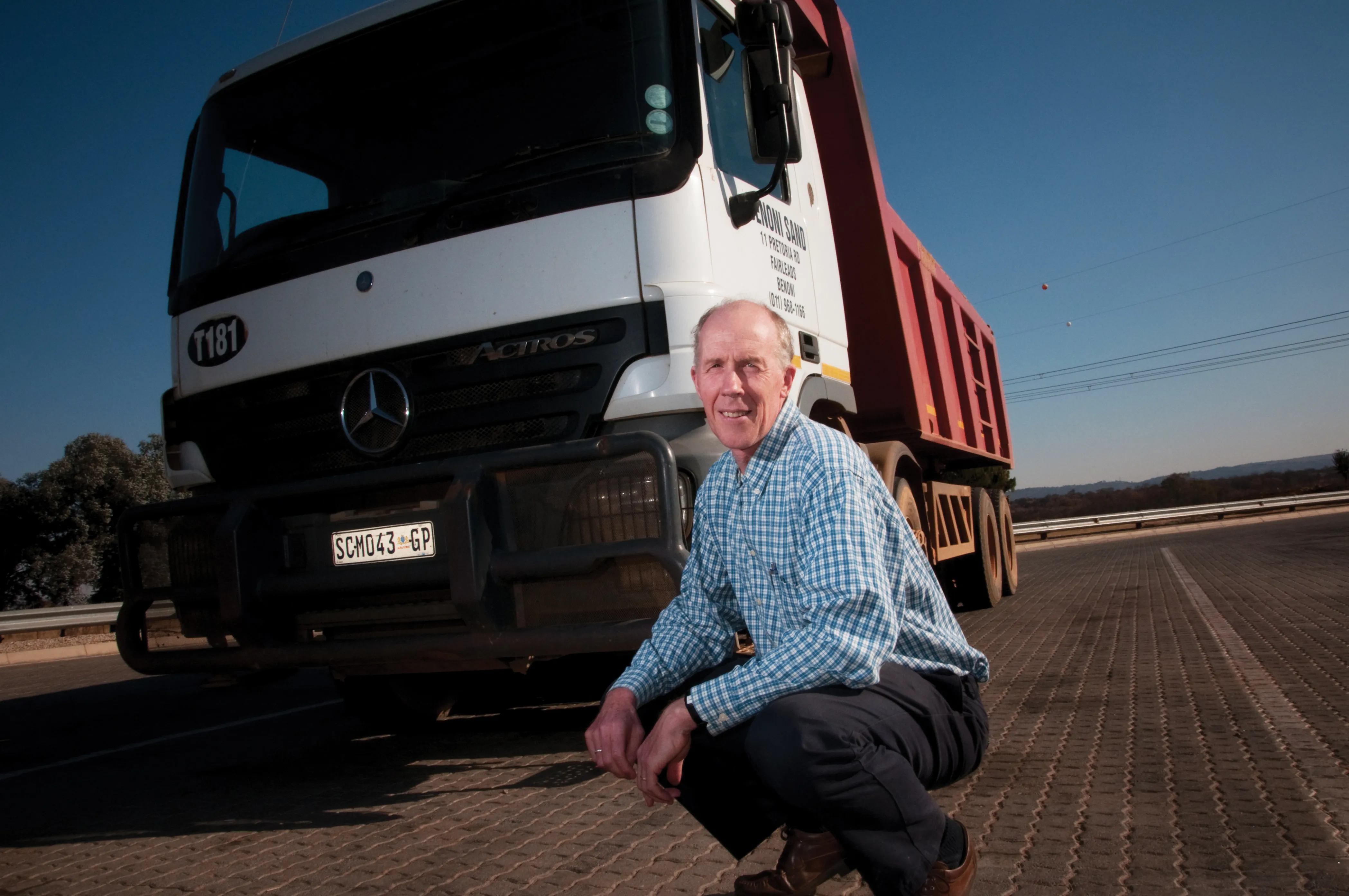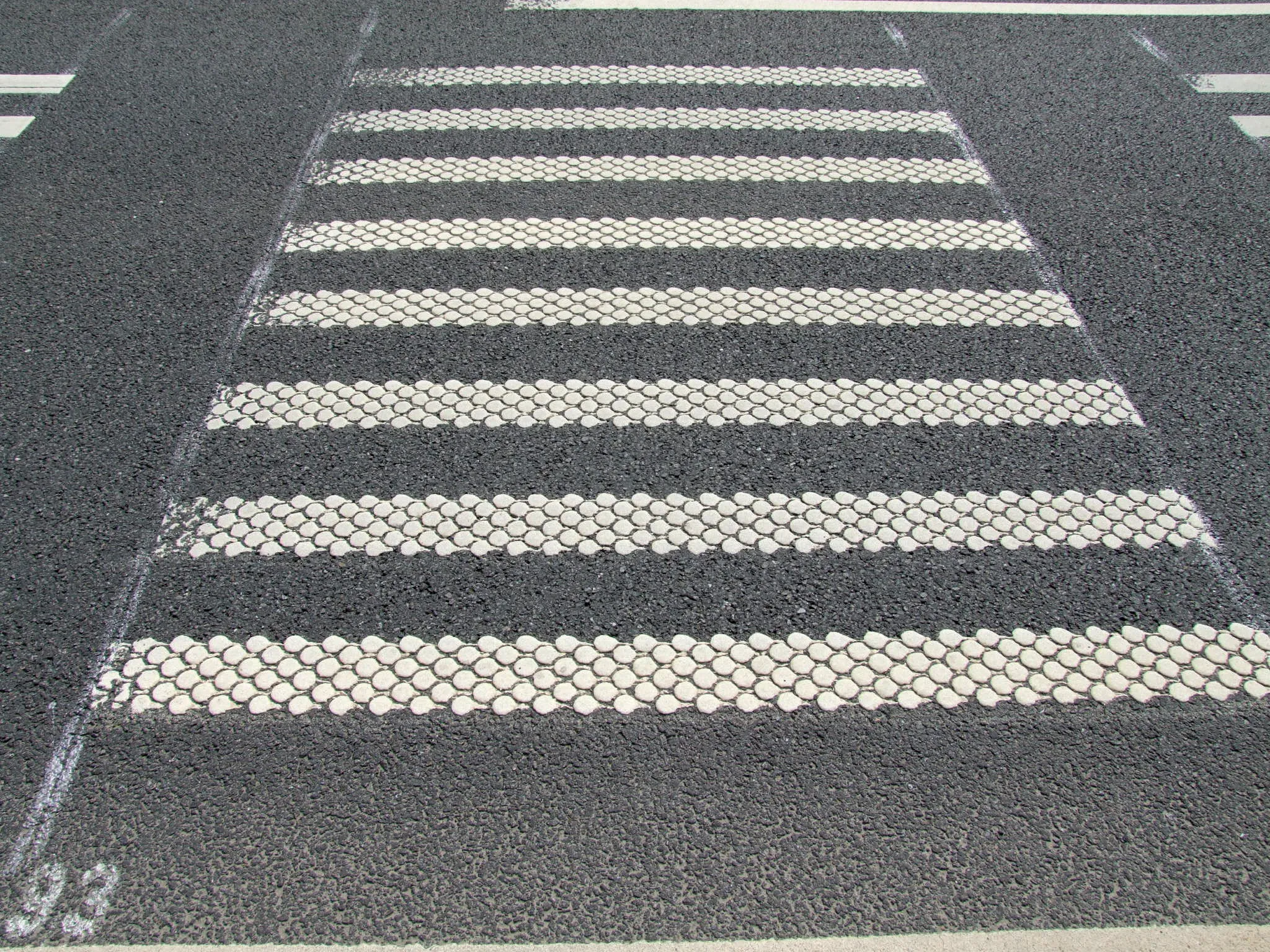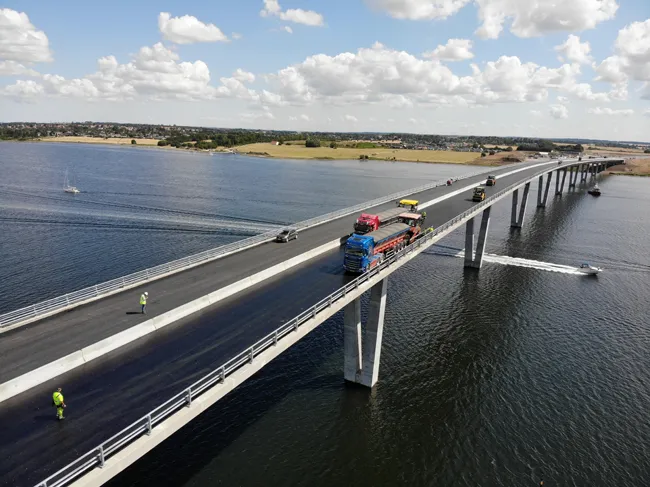The scientific institute on traffic safety Stichting Wetenschappelijk Onderzoek Verkeersveiligheid (SWOV) in the Netherlands has called for many national roads to be widened to cut accident levels. SWOV argues that a large share of Dutch roads with a 80km/h maximum speed limit are too narrow. Such roads are on average 7.5m wide, making them, SWOV says, among the narrowest in the world, with traffic having an average 2.75m of space to use. According to SWOV this should be at least 3.3m, which, it claims, cou
August 15, 2013
Read time: 1 min
The scientific institute on traffic safety Stichting Wetenschappelijk Onderzoek Verkeersveiligheid (7450 SWOV) in the Netherlands has called for many national roads to be widened to cut accident levels.
SWOV argues that a large share of Dutch roads with a 80km/h maximum speed limit are too narrow. Such roads are on average 7.5m wide, making them, SWOV says, among the narrowest in the world, with traffic having an average 2.75m of space to use. According to SWOV this should be at least 3.3m, which, it claims, could reduce the number of accidents by 10%.
SWOV argues that a large share of Dutch roads with a 80km/h maximum speed limit are too narrow. Such roads are on average 7.5m wide, making them, SWOV says, among the narrowest in the world, with traffic having an average 2.75m of space to use. According to SWOV this should be at least 3.3m, which, it claims, could reduce the number of accidents by 10%.








